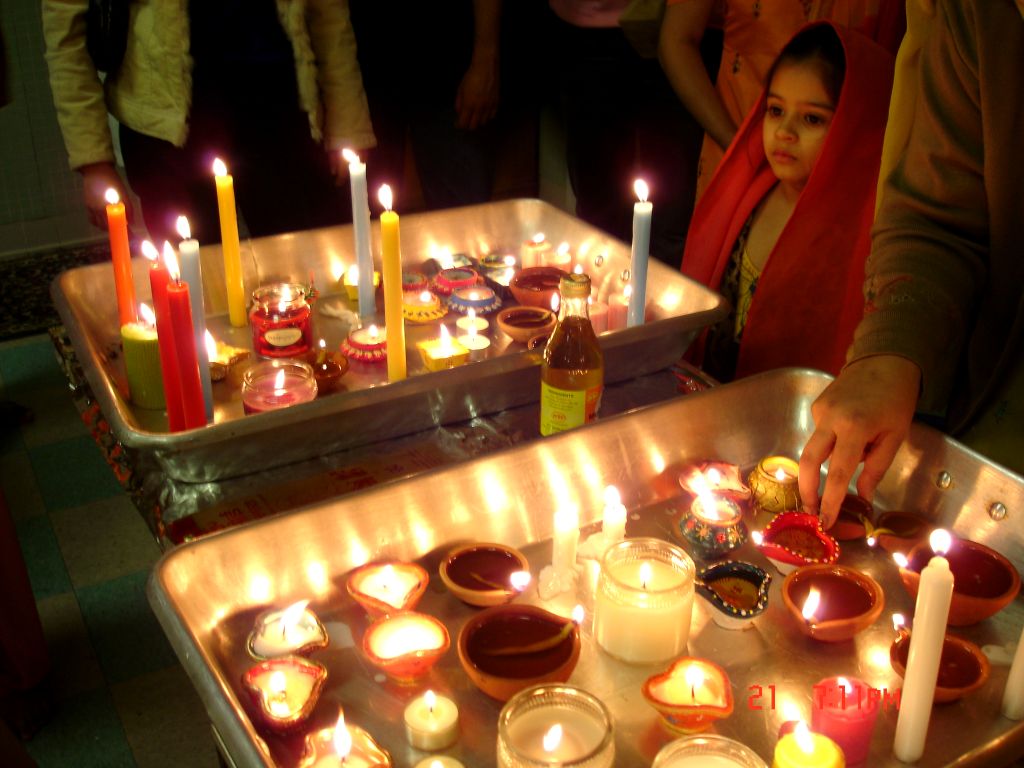The speech actually reminds me a lot of Naipaul in some places -- especially as Pamuk talks about his youthful anxiety about being from what was seen as a marginal, provincial place for a writer. There are also shades of Naipaul in Pamuk's way of meditating on his father's interest in literature and writing. Like Naipaul, Pamuk's father had literary pretentions, and indeed, the frame for the speech is Pamuk's consideration of the briefcase in which his father kept his notebooks.
Near the beginning of the speech, there is a kind of writers' manifesto, which has a nice rhythm to it in Maureen Freely's translation:
A writer is someone who spends years patiently trying to discover the second being inside him, and the world that makes him who he is: when I speak of writing, what comes first to my mind is not a novel, a poem, or literary tradition, it is a person who shuts himself up in a room, sits down at a table, and alone, turns inward; amid its shadows, he builds a new world with words. This man – or this woman – may use a typewriter, profit from the ease of a computer, or write with a pen on paper, as I have done for 30 years. As he writes, he can drink tea or coffee, or smoke cigarettes. From time to time he may rise from his table to look out through the window at the children playing in the street, and, if he is lucky, at trees and a view, or he can gaze out at a black wall. He can write poems, plays, or novels, as I do. All these differences come after the crucial task of sitting down at the table and patiently turning inwards. To write is to turn this inward gaze into words, to study the world into which that person passes when he retires into himself, and to do so with patience, obstinacy, and joy. As I sit at my table, for days, months, years, slowly adding new words to the empty page, I feel as if I am creating a new world, as if I am bringing into being that other person inside me, in the same way someone might build a bridge or a dome, stone by stone. The stones we writers use are words. As we hold them in our hands, sensing the ways in which each of them is connected to the others, looking at them sometimes from afar, sometimes almost caressing them with our fingers and the tips of our pens, weighing them, moving them around, year in and year out, patiently and hopefully, we create new worlds.
There is also a passage where Pamuk expresses concerns quite similar to those dealt with by postcolonial writers in the Anglophone tradition. Turkey can't be thought of as "postcolonial," but in the following paragraph Pamuk describes anxieties that many "poco" writers -- Naipaul probably chief among them -- have also expressed:
As for my place in the world – in life, as in literature, my basic feeling was that I was 'not in the centre'. In the centre of the world, there was a life richer and more exciting than our own, and with all of Istanbul, all of Turkey, I was outside it. Today I think that I share this feeling with most people in the world. In the same way, there was a world literature, and its centre, too, was very far away from me. Actually what I had in mind was Western, not world literature, and we Turks were outside it. My father's library was evidence of this. At one end, there were Istanbul's books – our literature, our local world, in all its beloved detail – and at the other end were the books from this other, Western, world, to which our own bore no resemblance, to which our lack of resemblance gave us both pain and hope. To write, to read, was like leaving one world to find consolation in the other world's otherness, the strange and the wondrous. I felt that my father had read novels to escape his life and flee to the West – just as I would do later. Or it seemed to me that books in those days were things we picked up to escape our own culture, which we found so lacking. It wasn't just by reading that we left our Istanbul lives to travel West – it was by writing, too. To fill those notebooks of his, my father had gone to Paris, shut himself up in his room, and then brought his writings back to Turkey. As I gazed at my father's suitcase, it seemed to me that this was what was causing me disquiet. After working in a room for 25 years to survive as a writer in Turkey, it galled me to see my father hide his deep thoughts inside this suitcase, to act as if writing was work that had to be done in secret, far from the eyes of society, the state, the people. Perhaps this was the main reason why I felt angry at my father for not taking literature as seriously as I did.
As they say, read the whole thing.
